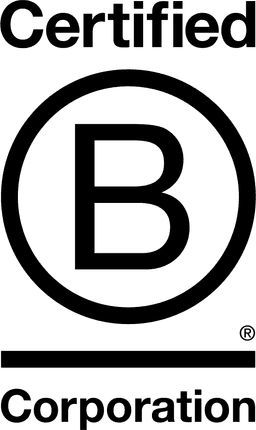

GRAN

Federal District, Brazil
December 2023
Education & training services
Service with Minor Environmental Footprint
Brazil
O Gran é uma edtech brasileira que criou um ecossistema educacional focado na empregabilidade e nas diferentes necessidades e momentos da vida do aluno. Com tecnologia proprietária de ponta e uma plataforma 100% digital, a empresa oferece cursos preparatórios para concursos, exames e residências multiprofissionais, além de graduação, pós-graduação e cursos livres de programação. Com sede em Brasília, a edtech foi fundada por Gabriel Granjeiro e Rodrigo Calado em 2012, e conta atualmente com mil funcionários e mais de 700 mil alunos ativos presentes em 1.500 municípios brasileiros. Ao longo de 10 anos de história, o Gran já impactou a vida de mais de dois milhões de pessoas. Em 2021, a edtech começou a diversificar a oferta com o lançamento dos cursos de pós-graduação em diferentes áreas. No mesmo ano, o Gran recebeu o primeiro aporte financeiro "private equity" do Fundo de Impacto Social do BTG Pactual. Já em 2022, a companhia comprou o Centro Universitário UniBagozzi, primeira aquisição da edtech, e também fez um investimento minoritário na escola de programação SoulCode. A aquisição do Centro Universitário foi o passo inicial para a criação da Gran Faculdade, lançada em 2023.
Overall B Impact Score
Governance 17.5
Governance evaluates a company's overall mission, engagement around its social/environmental impact, ethics, and transparency. This section also evaluates the ability of a company to protect their mission and formally consider stakeholders in decision making through their corporate structure (e.g. benefit corporation) or corporate governing documents.
What is this? A company with an Impact Business Model is intentionally designed to create a specific positive outcome for one of its stakeholders - such as workers, community, environment, or customers.
Workers 32.1
Workers evaluates a company’s contributions to its employees’ financial security, health & safety, wellness, career development, and engagement & satisfaction. In addition, this section recognizes business models designed to benefit workers, such as companies that are at least 40% owned by non-executive employees and those that have workforce development programs to support individuals with barriers to employment.
Community 21.4
Community evaluates a company’s engagement with and impact on the communities in which it operates, hires from, and sources from. Topics include diversity, equity & inclusion, economic impact, civic engagement, charitable giving, and supply chain management. In addition, this section recognizes business models that are designed to address specific community-oriented problems, such as poverty alleviation through fair trade sourcing or distribution via microenterprises, producer cooperative models, locally focused economic development, and formal charitable giving commitments.
Environment 3.3
Environment evaluates a company’s overall environmental management practices as well as its impact on the air, climate, water, land, and biodiversity. This includes the direct impact of a company’s operations and, when applicable its supply chain and distribution channels. This section also recognizes companies with environmentally innovative production processes and those that sell products or services that have a positive environmental impact. Some examples might include products and services that create renewable energy, reduce consumption or waste, conserve land or wildlife, provide less toxic alternatives to the market, or educate people about environmental problems.
Customers 37.1
Customers evaluates a company’s stewardship of its customers through the quality of its products and services, ethical marketing, data privacy and security, and feedback channels. In addition, this section recognizes products or services that are designed to address a particular social problem for or through its customers, such as health or educational products, arts & media products, serving underserved customers/clients, and services that improve the social impact of other businesses or organizations.
What is this? A company with an Impact Business Model is intentionally designed to create a specific positive outcome for one of its stakeholders - such as workers, community, environment, or customers.